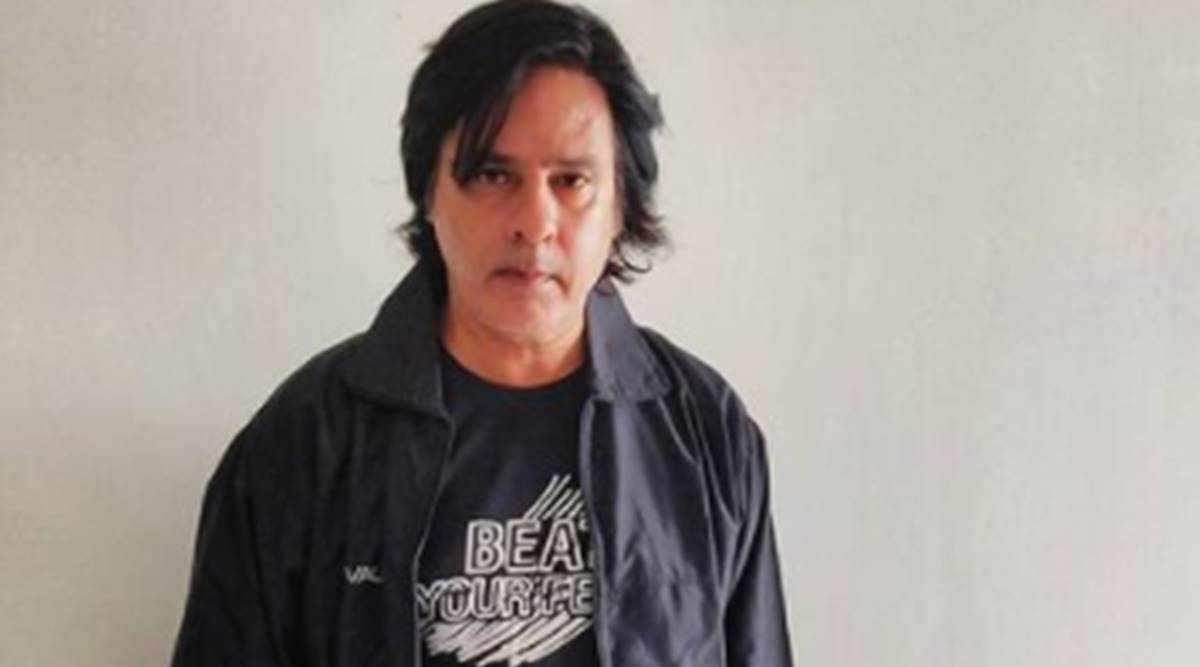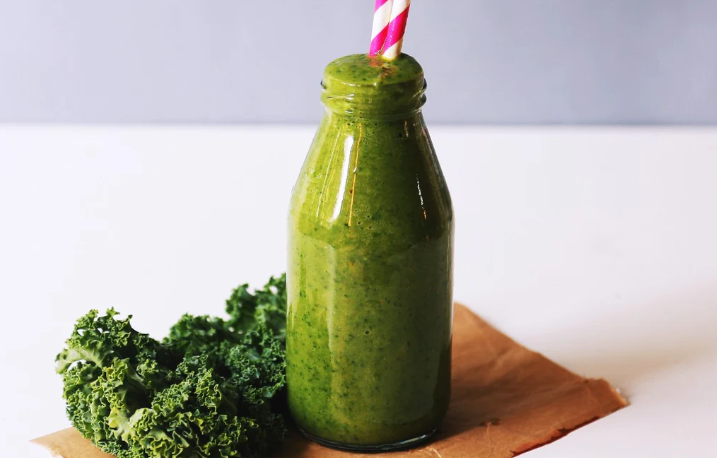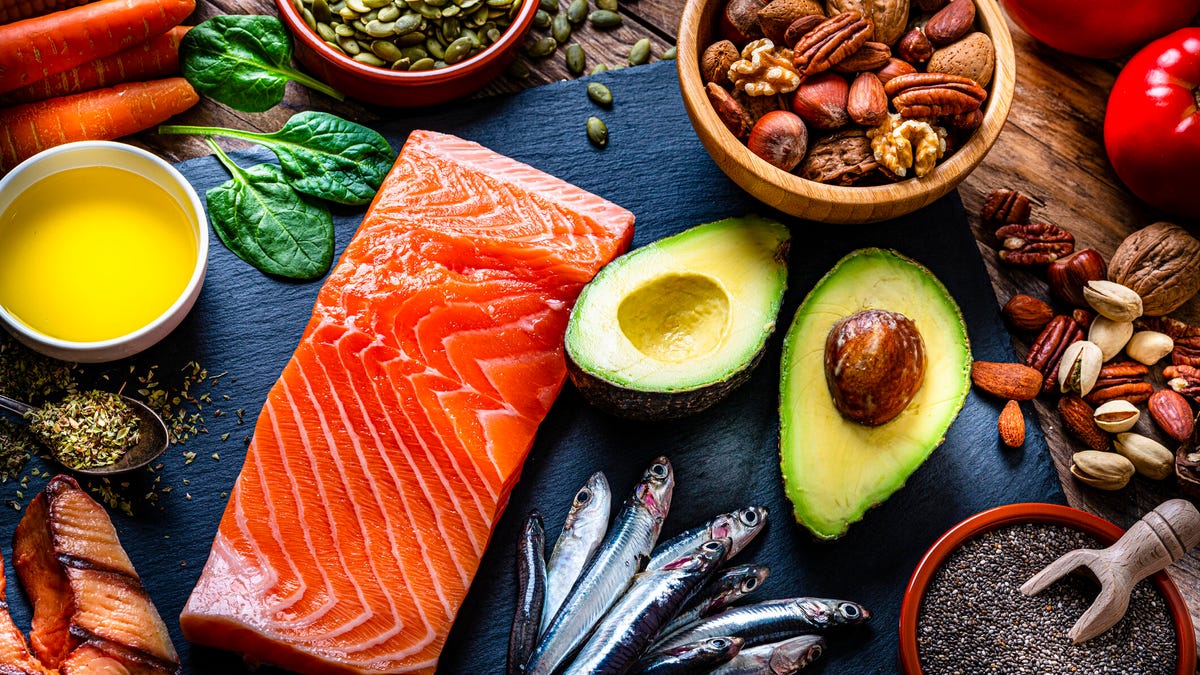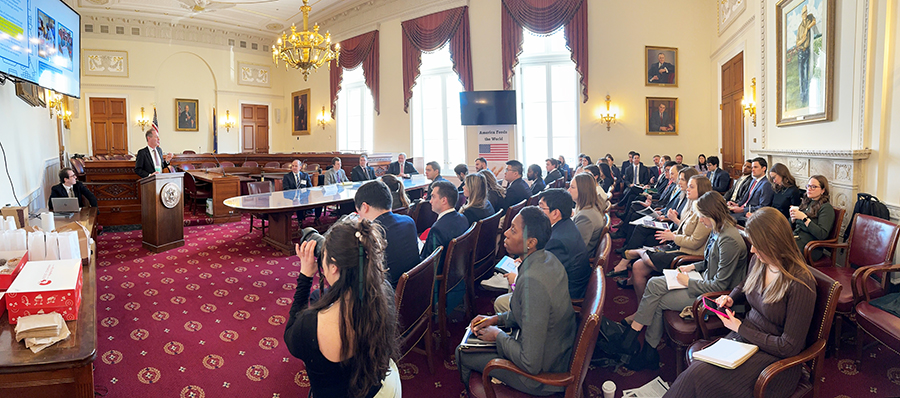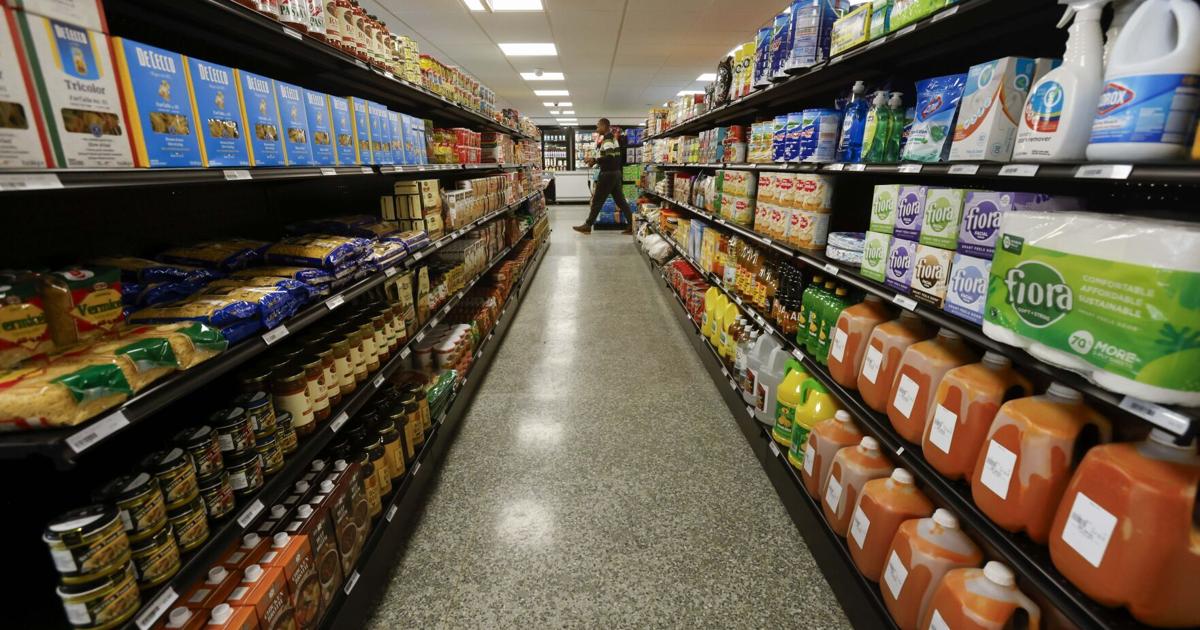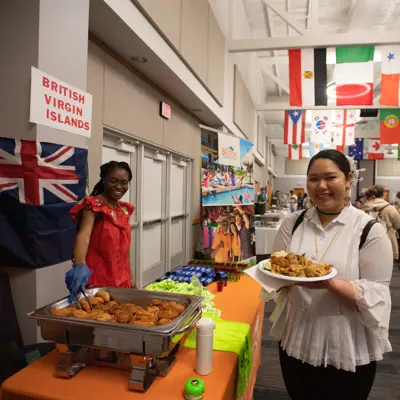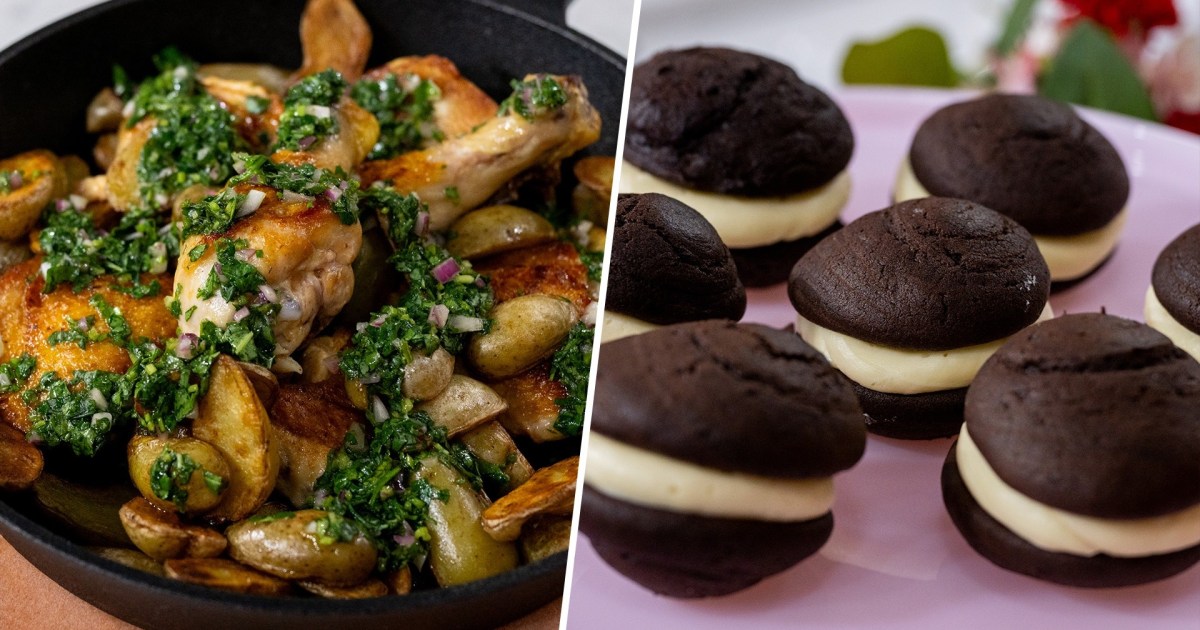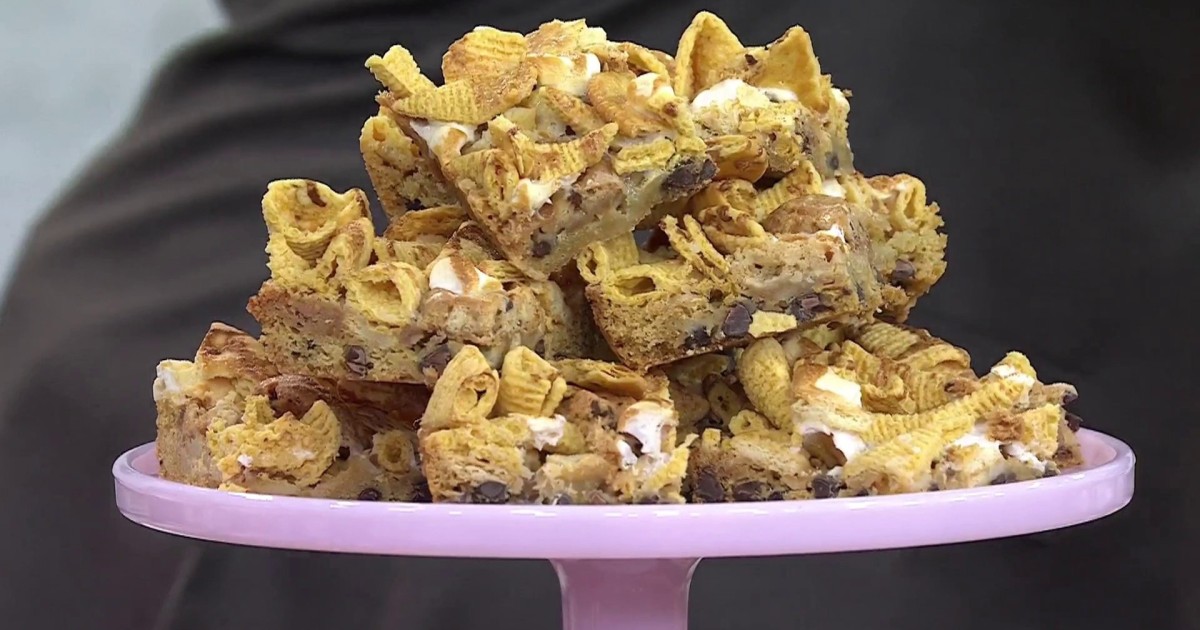A year post suffering from brain stroke while shooting in Kargil, actor Rahul Roy shared he his recovering well due to ‘organic and healthy food’ courtesy of his sister Priyanka Roy whom he lovingly calls ‘Hari Maa’. In a post on Instagram, he shared that people often ask him what foods he has.
Tagging his sister and appreciating her efforts in ‘bringing me back from the death’, the 56-year-old shared glimpses of what he eats on a regular basis.
“Going after a brain stroke, means a lot of precautions to stay healthy. My sister Hari Maa @priyankaroy_pia takes care of everything. And most importantly my food, so my daily diet is filled with everything organic and healthy. I would like to thank Hari Maa for bringing me back from the death like giving me a second birth and daily taking care of me,” said the Aashiqui actor.
His plate contained foods like quinoa, horsegram, avocado, red peppers, broccoli, tomato, red cabbage. “People ask me what food I eat. All food is organic. Hari Maa gives me healthy food,” he said in the video.
Admitting that he often falters when it comes to eating healthy, he expressed, “I make errors. I want to eat things which are unhealthy. I fight, I argue but at the end, she always keeps me healthy and good shape. So everyone stay healthy, eat healthy.”
He also added that he follows a “Sattvik food lifestyle”. “I have left non-vegetarian foods including dairy products and I live good without cigarettes.”
In another Instagram post, he shared, “I eat healthy. I stopped cigarettes, I stopped non-vegetarian food. I stopped fried and unhealthy eating habits, stopped sugar, stopped milk, I try to do little bit walk everyday and learning from her (sister) to take care of myself and our planet.”
For the unversed, a stroke happens when a blockage or bleeding of the blood vessels either interrupts or reduces the supply of blood to the brain. “Hypertension, dyslipidemia, smoking, diabetes mellitus, and cardiovascular disease, illicit drug use, heavy drinking, binge drinking, smoking, and being overweight can lead to stroke,” said Dr Vishwanathan Iyer, neurosurgeon, Kohinoor Hospital.
To recover, he also started doing yoga and has been seeing results. Roy said in a post: “I never used to do yoga before but now I realised it’s one of the best medicine for the body. Start doing yoga if you haven’t started it.”
Stroke patients should not eat foods that are sticky and difficult to swallow, Dr Jinal Patel, dietitian, Apollo Spectra Hospital, Mumbai told indianexpress.com. “It will be imperative for stroke patients to eat a nutritious diet. This is so because the diet is also a vital part of recovery and needs to be properly managed,” she said, while adding, “It is essential to limit saturated fats and sugar. So, do not eat pastries, sweets, cheese, and butter.”
What is a sattvik lifestyle?
A sattvic diet includes foods that are light and healthy as per Ayurveda, WebMD states. Such foods are known to help increase energy, happiness, calmness, and mental clarity. In practice, that means eating things that are vegetarian, nutritious, fresh, and tasty. This means that the sattvic diet is high in nutrient-rich plant foods and low in processed and fried foods, WebMD notes.
According to Instagram post from co-founders of Satvic Movement, a non-profit health education platform, Subah Jain Saraf and Harshvardhan Saraf, “Following the Sattvik lifestyle is not about giving up what you love to eat. It’s an upgrade to make healthy food delicious – food that not just your tongue, but the rest of your body will love too.”
What can you have?
Dr Patel pointed out that one can have flaxseeds that contain alpha-linolenic acid (ALA), an essential omega-3 fatty acid; blueberries to improve cognitive abilities owing to their flavonoids; pomegranates as they contain antioxidants that protect from the damage caused by free radicals, and are a good option to recover from a stroke.
“Tomatoes have antioxidant lycopene that helps reduce brain damage, nuts and seeds are jam-packed with vitamin E, an antioxidant that is essential for good cognitive health. Avocado contains oleic acid and antioxidants that act as neuroprotective agents. Eat yogurt and even eggs. Beans are loaded with magnesium and help with neuromuscular function,” she advised.
📣 For more lifestyle news, follow us on Instagram | Twitter | Facebook and don’t miss out on the latest updates!

